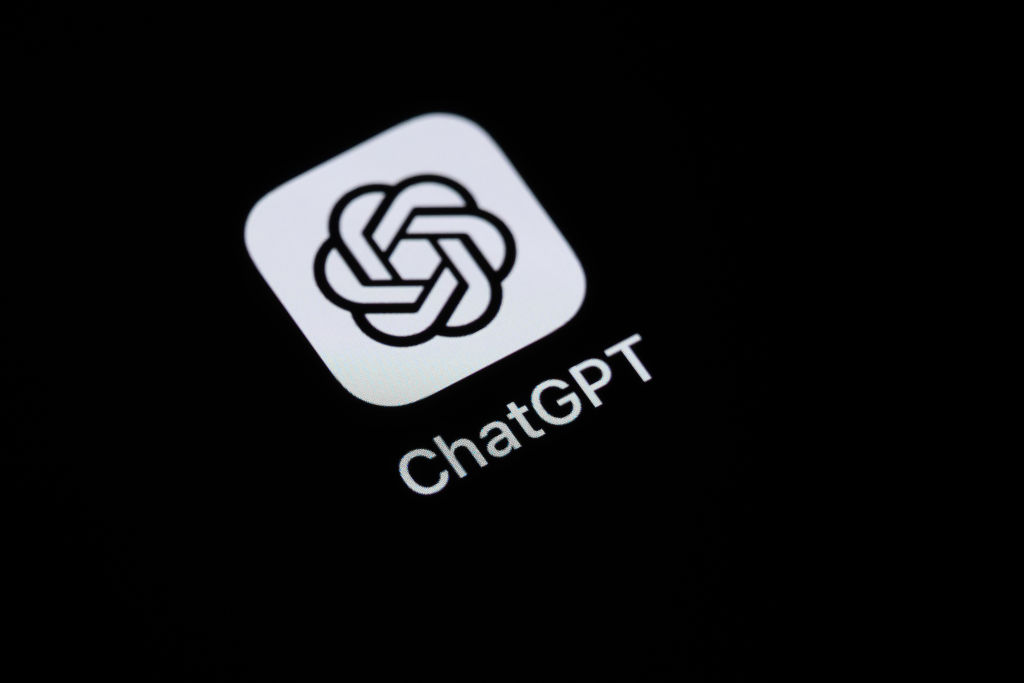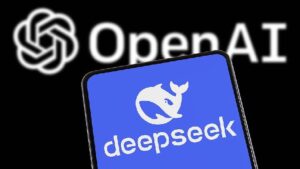OpenAI Data Indicates Rapid Growth of ChatGPT Usage in Europe

ChatGPT Search: A Growing Force in Europe
Overview of ChatGPT Search
ChatGPT search, a feature developed by OpenAI, allows the chatbot to access and use current information from the internet to enhance its responses. This feature is rapidly gaining popularity across Europe, showcasing impressive growth.
Growth Statistics
According to a report published by OpenAI’s European branch, OpenAI Ireland Limited, the average number of monthly active users of ChatGPT search reached around 41.3 million for the six-month period ending March 31, 2025. This is a notable increase from approximately 11.2 million users during the previous period that ended on October 31, 2024.
Compliance with Digital Services Act (DSA)
OpenAI regularly shares data related to ChatGPT search to adhere to the EU’s Digital Services Act (DSA), which sets regulations for online services across European countries. The DSA defines "monthly active users" as individuals who engage with the service, whether by viewing information or providing input.
User Engagement Criteria
- Active Engagement: Users must interact with the service at least once in a specified timeframe.
- Exposure to Content: This includes viewing or listening to the information available on the platform.
Implications of DSA Compliance
The DSA implements specific mandates for "very large" online platforms or search engines that serve over 45 million active users. These platforms are required to:
- Allow users to opt-out of recommendation algorithms.
- Share specific data with researchers and relevant authorities.
- Facilitate independent audits of their services.
Should ChatGPT search maintain its growth trajectory, it will likely fall under these regulations.
Potential Consequences for Non-Compliance
Platforms that fail to comply with the DSA can face hefty penalties, potentially amounting to 6% of their global revenue. Continued non-compliance could lead to temporary suspensions within the European Union.
Competitive Landscape
Since its launch, ChatGPT search has begun to challenge traditional search engines like Google. A September survey noted that 8% of respondents preferred ChatGPT over Google as their go-to search platform. However, Google still commands a significant lead in the online search market. Estimates suggest that Google processes around 373 times more searches than ChatGPT.
Reliability of ChatGPT Search
While ChatGPT search is gaining traction, research indicates that AI-driven search engines may not always match the reliability of traditional search methods. A notable study found that ChatGPT provided incorrect information 67% of the time when users searched for particular articles. Additionally, other research pointed out significant accuracy issues concerning how ChatGPT handles news articles, including those from publishers with which OpenAI has established agreements.
Summary of Concerns
- Reliability Issues: Many users report inaccuracies in the information provided by ChatGPT search.
- Trust Factor: The challenge of credibility in AI responses compared to traditional search engines persists, raising questions about the dependability of its information sources.
As ChatGPT search continues to grow and evolve in the competitive search engine landscape, it must navigate both user expectations and regulatory requirements in order to solidify its place in the digital ecosystem.






